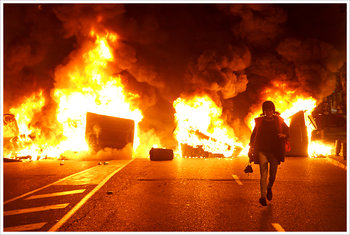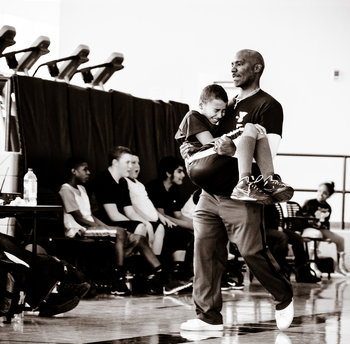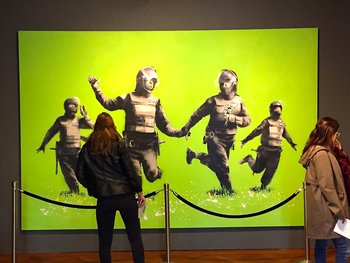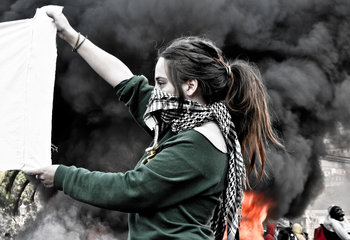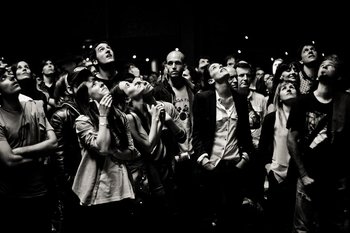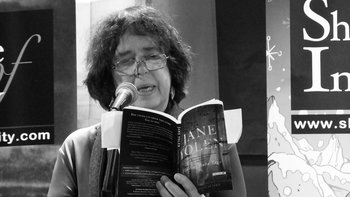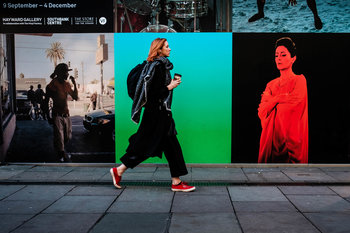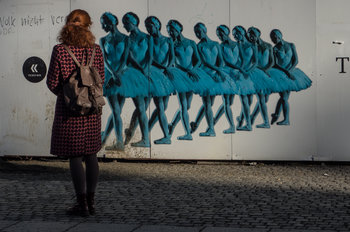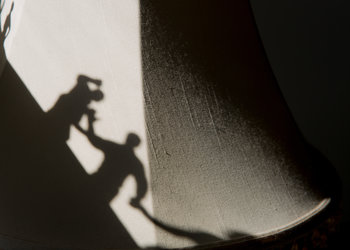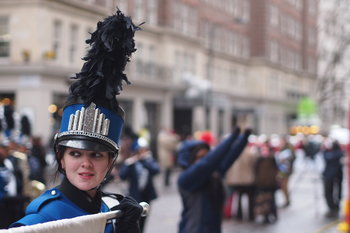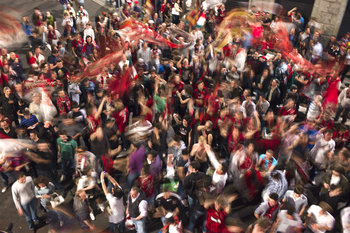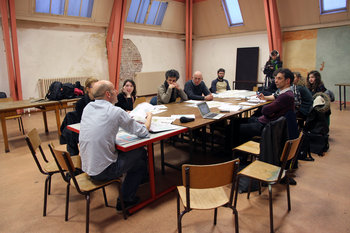Freedom of the Press
Freedom of the press is the right to own media outlets and use these outlets to publish news, information and opinion without censorship. This applies only to the owners of media outlets and is not interpreted as a right for authors or journalists to be published.Self-Publishing
Historically, media outlets such as newspapers and television were expensive to found and run such that the media was often controlled by a small elite. This has changed with the commercialization of the internet whereby anyone can publish to the world for a reasonably low cost using outlets such as blogs and podcasts.Fair Competition
Large media companies may go to great lengths to control communication to the public. For example, it is common for media companies to own telecom networks and vice versa in an effort to control media infrastructure. As such, small press and self-publishers may require protection from the anti-competitive practices of large media empires to survive.State Media
In some cases, a nation owns media outlets that dominate or have a monopoly on reporting the news. This prevents any semblance of media freedom.Self-Censorship
A nation or culture that places pressures on the media to self-censor. For example, overly broad and vague state secrecy laws that strike fear into the hearts of the media such that they seldom criticize the government strongly. Other common sources of self-censorship are groupthink and cronyism.Freedom of Speech
Freedom of speech is the right of individuals to express opinions and share information. This especially applies to speech that a majority find objectionable or inconvenient. Freedom of speech is considered the cornerstone of democracy such that a democracy that aggressively censors speech is only a partial democracy.Protection of Journalists
It is common for nations to harass, detain, imprison or harm journalists. Protection of journalists gives reporters the right to witness events, uncover information and criticize elites and the government without reprisal.Reporter's Privilege
Protection of journalists from being compelled to testify about confidential information or sources. Protects sources from reprisals.Whistleblower Protection
Laws that provide protection for employees, including employees of government, who report wrongdoing by their employer. These laws are intended to protect the employee from retaliation by the employer. This is related to media freedom as whistleblowers are a critical source for journalists.| Overview: Media Freedom | ||
Type | ||
Definition | The right to publish information, opinion and expressions to the world using media and the right to access such publications. | |
Related Concepts | ||



